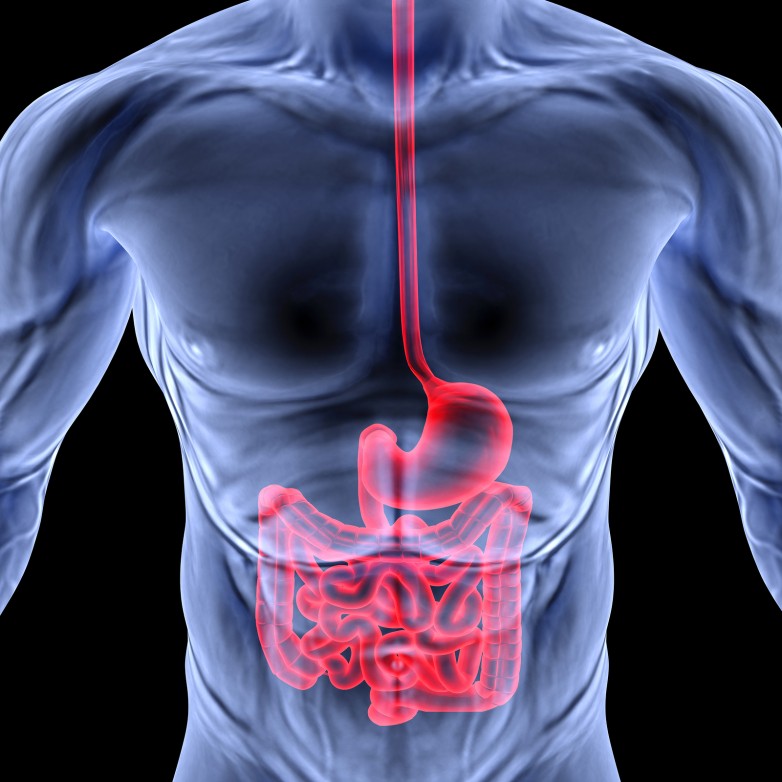By Dr. Don Fisher, DO
Produced naturally from the pituitary gland, Human Growth Hormone (HGH) is responsible for the growth of lean muscle and bone mass in every mammal. The more HGH present in a person’s body, the more IGF-1 there will be in their body.
IGF-1 is responsible for repairing damaged cells as well as producing new ones. As we age, our pituitary glands produce less and less of this healing hormone, which means that our bodies become less able to repair damaged cells, resulting in, of course, the physical and mental aging process. Reduced levels of growth hormone associated with aging contribute to age-related decreases in muscle mass, strength, and lipolysis.
Below are some of the effects of Human Growth Hormone decline:
Body fat increases by 7% – 25% while lean body mass decreases similarly. Muscle strength and muscle mass are noticeably reduced while long bone density and spinal bone density decrease.
Weight gain of 30-50 pounds can occur. Furthermore, there are negative effects on cholesterol; triglyceride levels increase while high density cholesterol (HDL), ‘good cholesterol’, decreases. The risk of cardiovascular disease increases due to vascular wall thickening and changes associated with decreased cardiac output. Less energy, anxiety, social isolation, depression and lack of concentration.
Below are some benefits of The BEST Program HGH Support:
- greater cardiac output
- amplified muscle mass
- enhanced memory
- enhanced libido
- better sleep
- burning of fat
- improved profile of cholesterol
- sharper vision
- stronger bones and muscles
- enhanced immune system
- re-growth of hair
- more agile and thicker skin
- better disease resistance
- increased positive mood
- rapid wound healing
- lowered blood pressure
- restoration of the essential organs of the body like kidney, heart, and liver
- increased lipolysis
I have always advocated the safety of HGH (Human Growth Hormone) when patients are optimally monitored and fully evaluated. Years of offering optimal levels of growth hormone prove to me as a healthcare provider that HGH is safe and significantly will enhance health.
There are many unfounded fears and myths about HGH. If we look at a special patient population that has excess growth hormone (HGH), we might well learn whether the many myths and anxieties about growth hormone are in fact of any great concern.
Patients with too much growth hormone have a medically documented conditioned called acromegaly. We then could say that our best model ever for Growth Hormone potential risks is acromegaly. And here are the facts about acromegaly and disease risk:
- Acromegaly is a result of a pituitary GH producing tumor
- Average time until diagnosis: 10 years
- Average GH released daily: 150 times more than normal adult
- Average IGF-1 levels at diagnosis: 4 times more than the highest level range for age and sex
- Acromegaly deaths from malignancy are lower!
I never want Growth Hormone in the very high range for patients — not even close to the highest range and now we know that patients with acromegaly (with 4 times the high range) get cancer less!
Patients who are appropriately chosen and dosed, do so well with additional Growth Hormone and interestingly their health improves. Three factors usually improve: Sleep, Sex and Energy. I have always advocated for healthy ranges of growth hormone in my adult patients and maintain that the hormone really should be called the “healing and restoring hormone” as it does not grow anything in adults but rather significantly improves healing.
Growth Hormone or HGH is a valuable hormone for countering the deteriorating health in some select adult patients. Research this topic yourself or ask a physician with significant history of dispensing this medicine.







